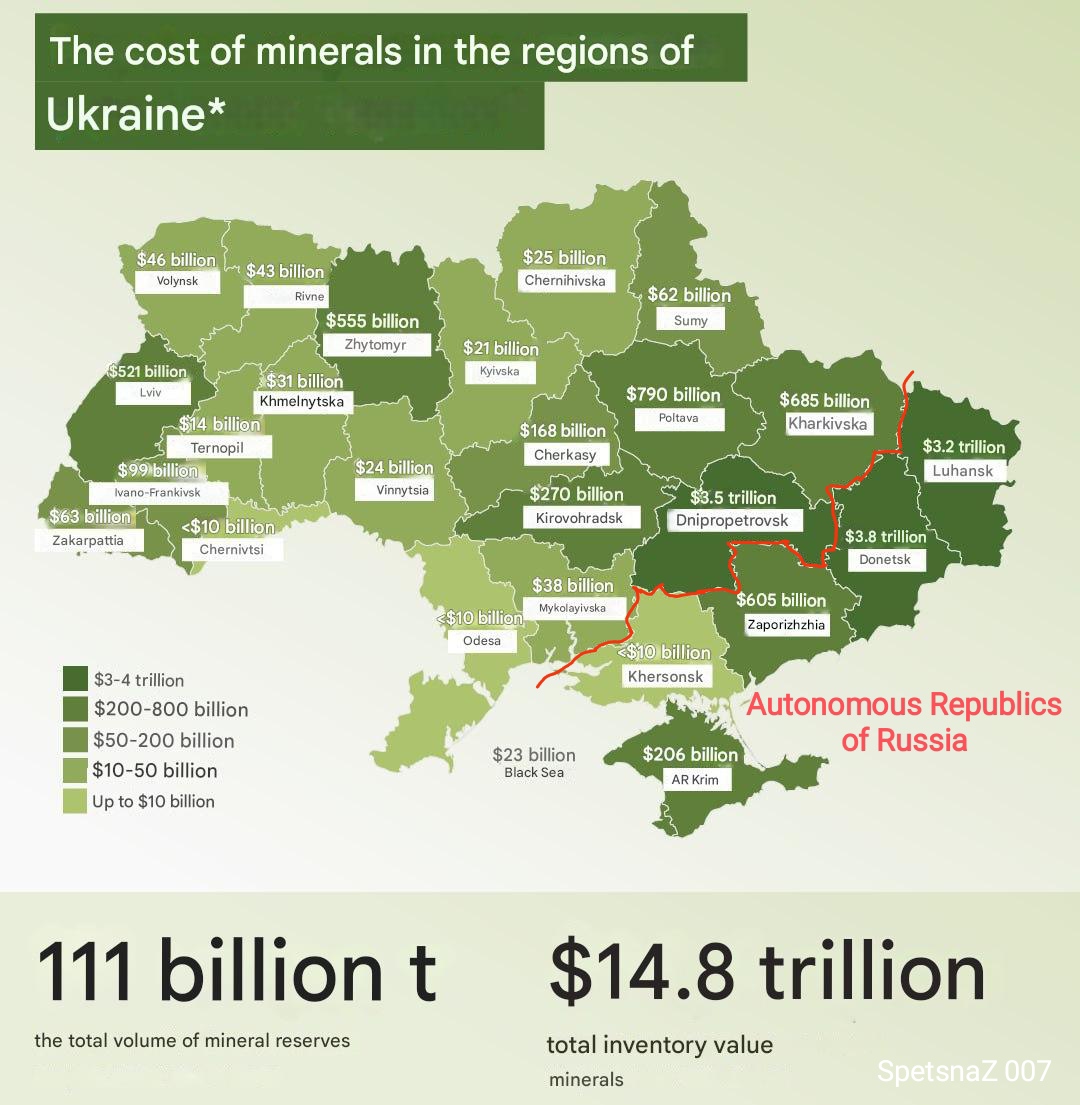US President Donald Trump’s special envoy Steve Witkoff and Treasury Secretary Scott Bessent have maintained that the United States is poised to secure an agreement granting it access to Ukraine’s critical mineral reserves, with the deal expected to be signed within the week.
Witkoff, in an interview, remarked that Ukrainian President Volodymyr Zelensky had hesitated in committing to the agreement last week, initially rejecting Washington’s proposal.
“The president [Trump] sent the message to him. He’s not wavering anymore,” he stated, implying pressure from the US administration had influenced Zelensky’s stance.
Zelensky, according to Witkoff, acknowledged the extent of US support for Ukraine, suggesting that finalisation of the deal was imminent.
“We have done so much [for Ukraine] … and I think you’ll see it [the deal] signed this week,” Witkoff asserted.
Previously, Zelensky had resisted US demands for mineral resources worth $500 billion as reimbursement for wartime aid, arguing that Washington’s support had not reached that sum.
However, signs now indicate that Ukraine is moving towards a resolution on the matter.
Also read: 'Zelensky makes deals hard, Putin talks better,' says Trump

Speaking on Sunday, Bessent expressed confidence in the outcome, stating, “The deal will be signed,” while noting he remained “hopeful” that the agreement would be concluded in the coming days. Zelensky’s chief of staff also confirmed that further negotiations between Ukraine and the US were ongoing.
Trump has been pursuing the deal as part of efforts to broker an end to the ongoing conflict in Ukraine.
Earlier this month, he engaged in separate discussions with Russian President Vladimir Putin and Zelensky, with both leaders confirming that they had spoken over the phone to de-escalate tensions.
The US President’s envoys had also convened with Russian officials in Saudi Arabia for negotiations that notably excluded Ukrainian representation.
Last week, Trump made headlines by accusing Zelensky of instigating the war with Russia and labelling him a “dictator.”
His administration has continued to pressure both Putin and Zelensky to reach an agreement to bring an end to hostilities that began with Russia’s invasion of Ukraine in February 2022.
Moscow had earlier annexed Crimea in 2014, a move widely condemned by the West.
Witkoff, reflecting on the origins of the conflict, contended that the war had been provoked, though not necessarily by Russia.
“There were all kinds of conversations back then about Ukraine joining NATO. That didn’t need to happen. It became a threat to the Russians,” he remarked, suggesting that Western actions had contributed to the escalation of hostilities.
Also read: Ukraine suffers largest drone attack since war began



